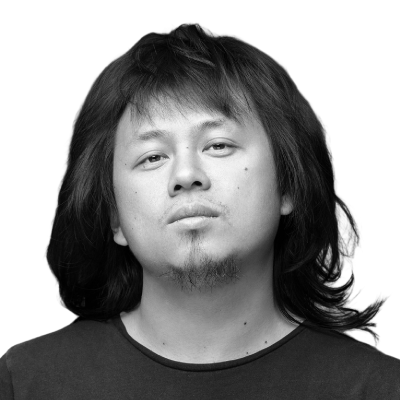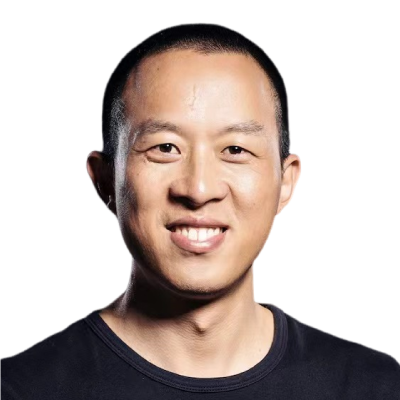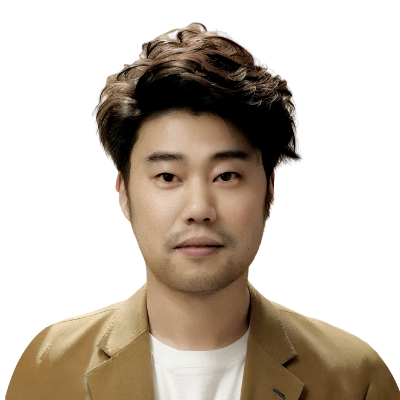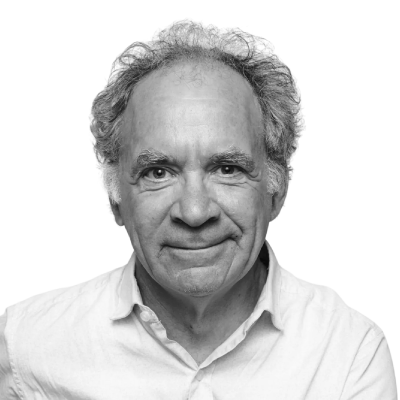-
 Prof. Peter Russell
Tsinghua Shenzhen International Graduate School
Dean, Institute for Future Human Habitats
Prof. Peter Russell
Tsinghua Shenzhen International Graduate School
Dean, Institute for Future Human Habitats
Born in Canada, Peter Russell studied engineering & architecture, completing his Master’s degree of Architecture at the Technical University of Nova Scotia (now Dalhousie University). He subsequently worked in Switzerland and Germany & is a registered architect in Europe. His expertise in computers in the planning & construction process led to posts in Berlin & Karlsruhe and professorships at the RWTH Aachen University and TU Delft, where he also served as Dean at both institutions. In his research, Peter focuses on building information modelling (BIM), ambient assisted living, interactive architecture & the extension of architectural pedagogy through blended-learning practices.
Russell is currently Dean of the Institute for Future Human Habitat Studies (iFHHs) at the Tsinghua Shenzhen International Graduate School (Tsinghua SIGS) where he is Professor for Computation in Architecture. His passion for precision, answerability & courage are common threads in his professional & academic undertakings. By incorporating his pedigree in research & practice into education, Peter seeks to inspire & empower those accepting the responsibility for the built environment and to transpose these tenets to steer education and policy affecting our buildings, cities and society as a whole.
Design Education In The Age of Intelligence: New Roles and New Models
The advent of deployable machine learning systems is affecting almost every industry worldwide, including design and its education. In a world where knowledge and generative imagery is at anyone's fingertips, it begs the question as to the role of designers, educators and the institutions they represent. With the cross pollination and simultaneous fragmentation of industries, the need for new roles and interdisciplinary skill sets is bumping up against the field specific and rather stagnant categorization of design team in industry and in tertiary education. In fact, education is a de facto part of industry just as industry technologies are essential to education. The lines are definitely blurred. The lecture describes a path where AI plays a role in supporting individualized, bespoke curricula, aimed at supporting new roles and encouraging entrepreneurship. There is a path that both reinforces and redefines the fundamental role of higher educational institutions and a way to transfer these tenets to the design industry.
1、Understanding the changing nature of design industry roles
2、Integrated on the needs of intergrated education in design teams
3、Consideration for the conditions necessary to enable bespoke education tailored to individual team members
-
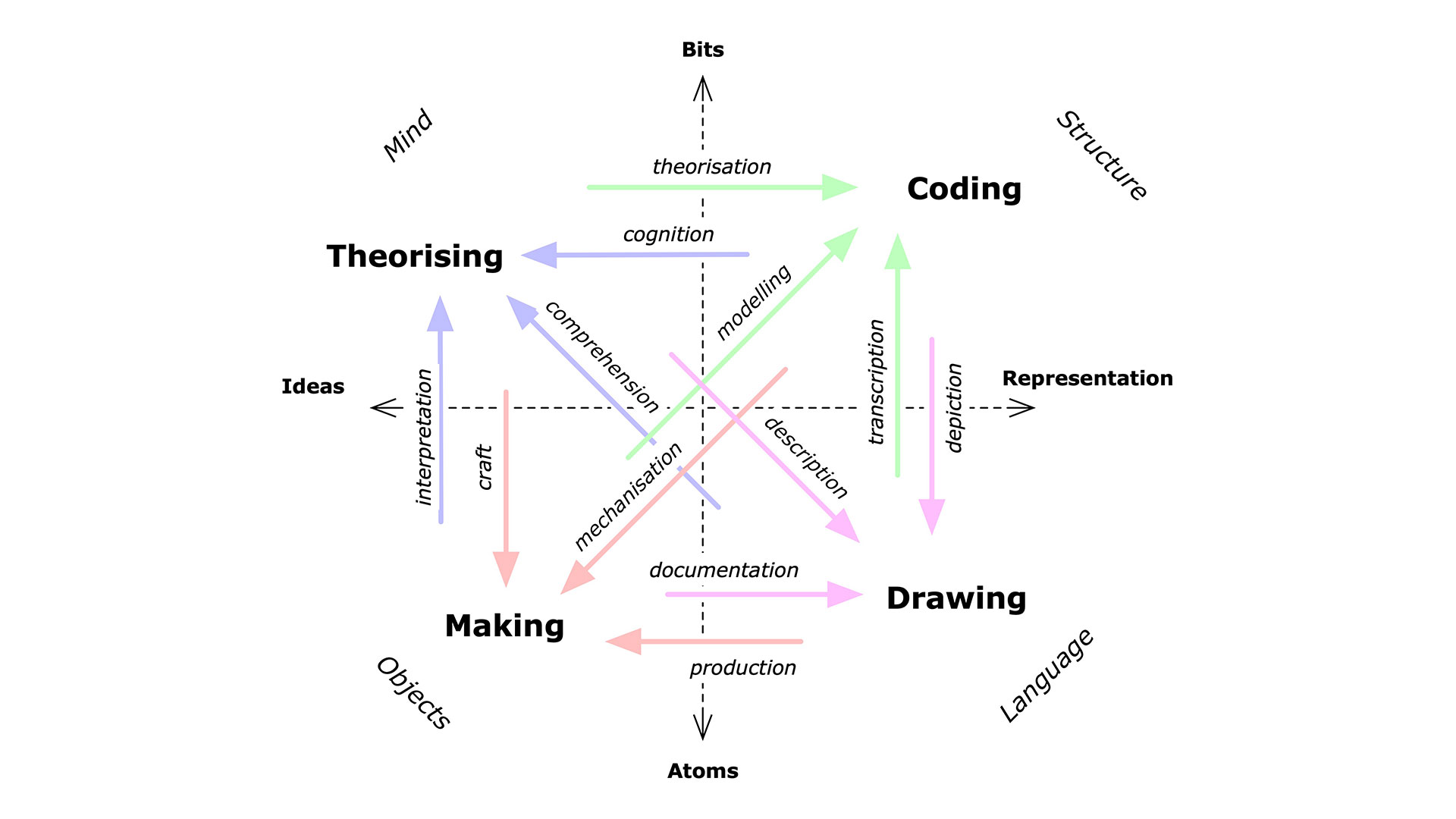 The processing of design information can be broken down into twelve distinct steps
The processing of design information can be broken down into twelve distinct steps
-
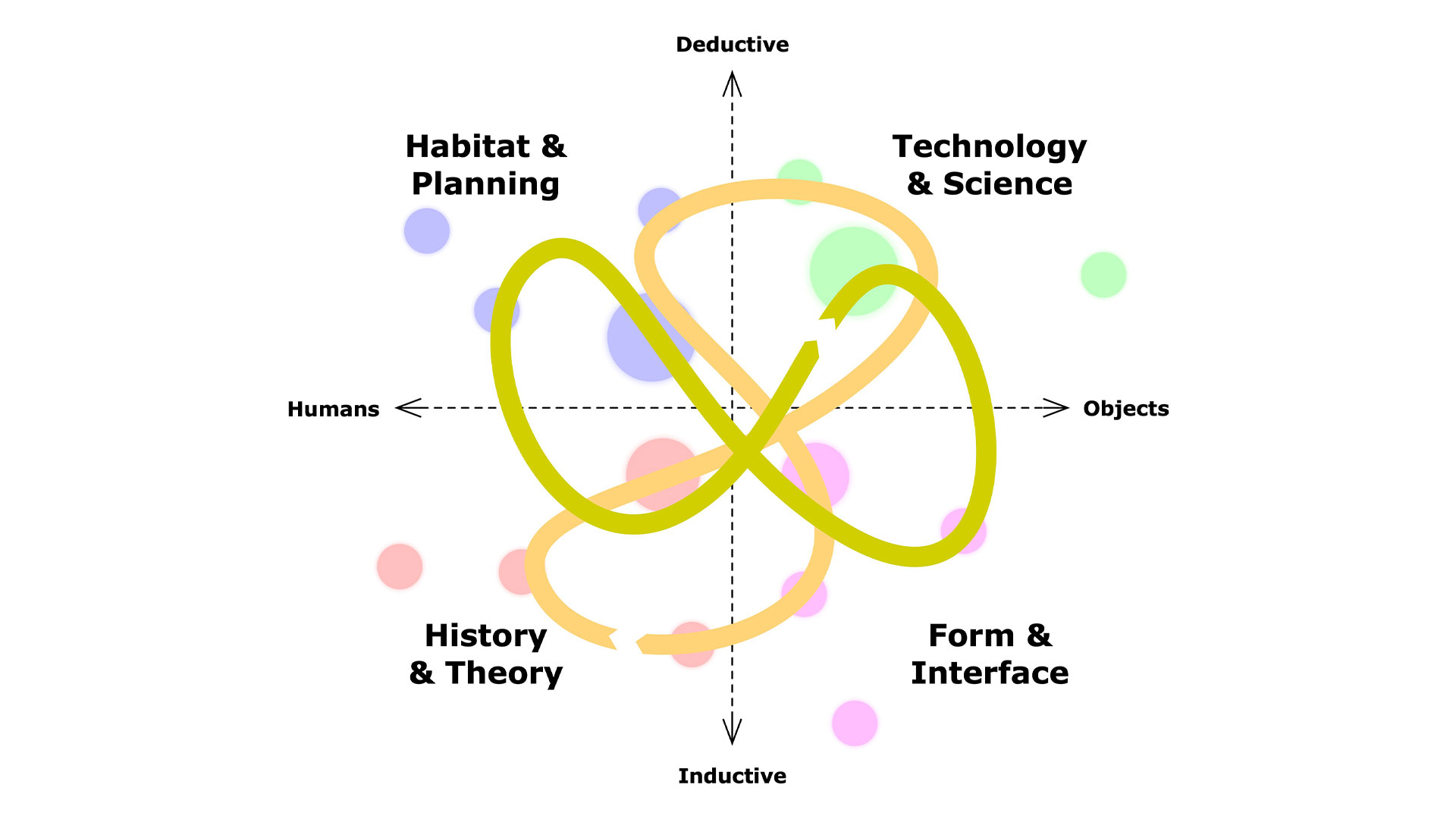 Using machine learning, we are developing 'trajectory paths' systems to create bespoke educational curricula according to our clients' history and desires
Using machine learning, we are developing 'trajectory paths' systems to create bespoke educational curricula according to our clients' history and desires
-
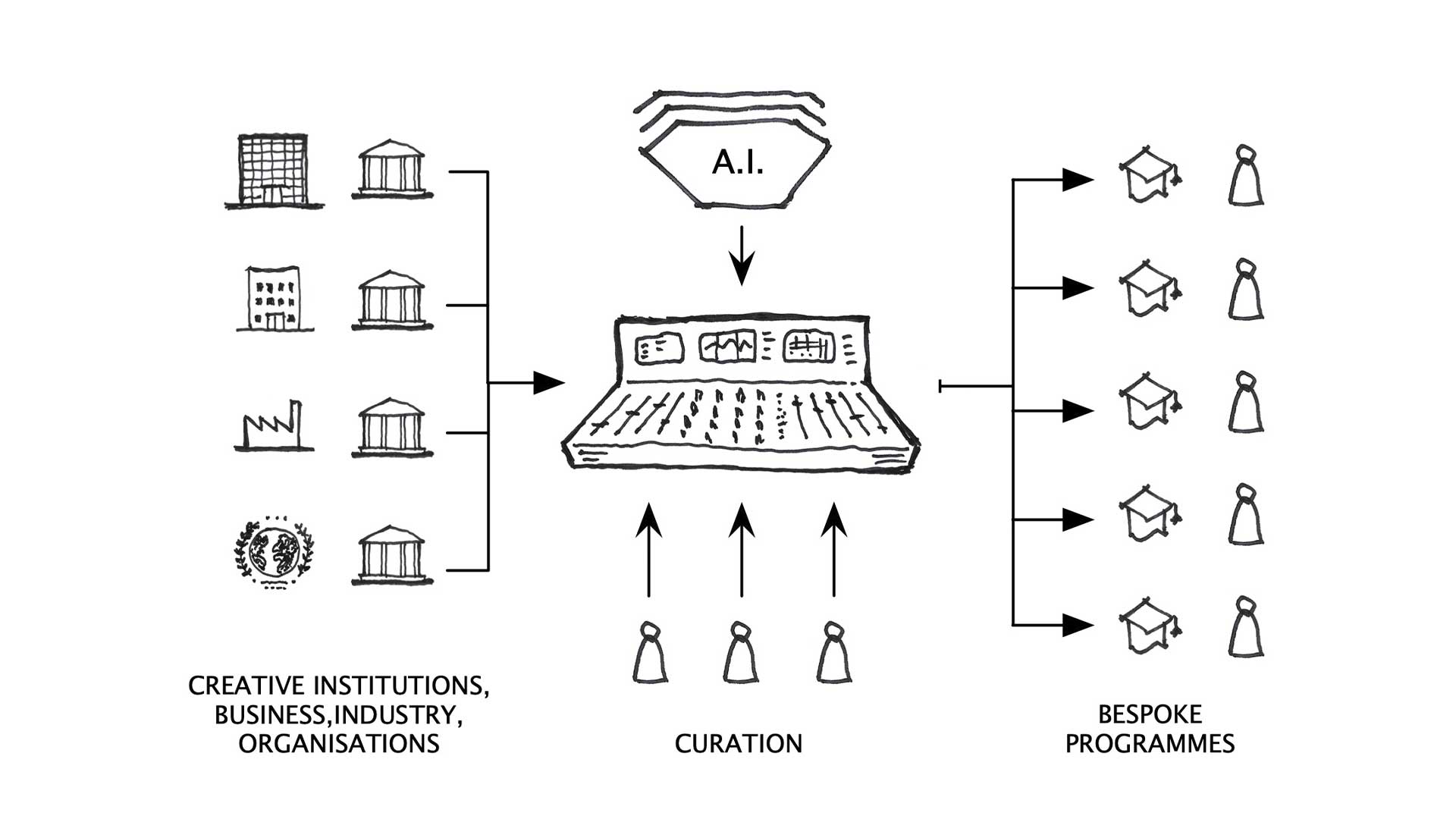 FHH Students learning in multi-channel environments
FHH Students learning in multi-channel environments
-
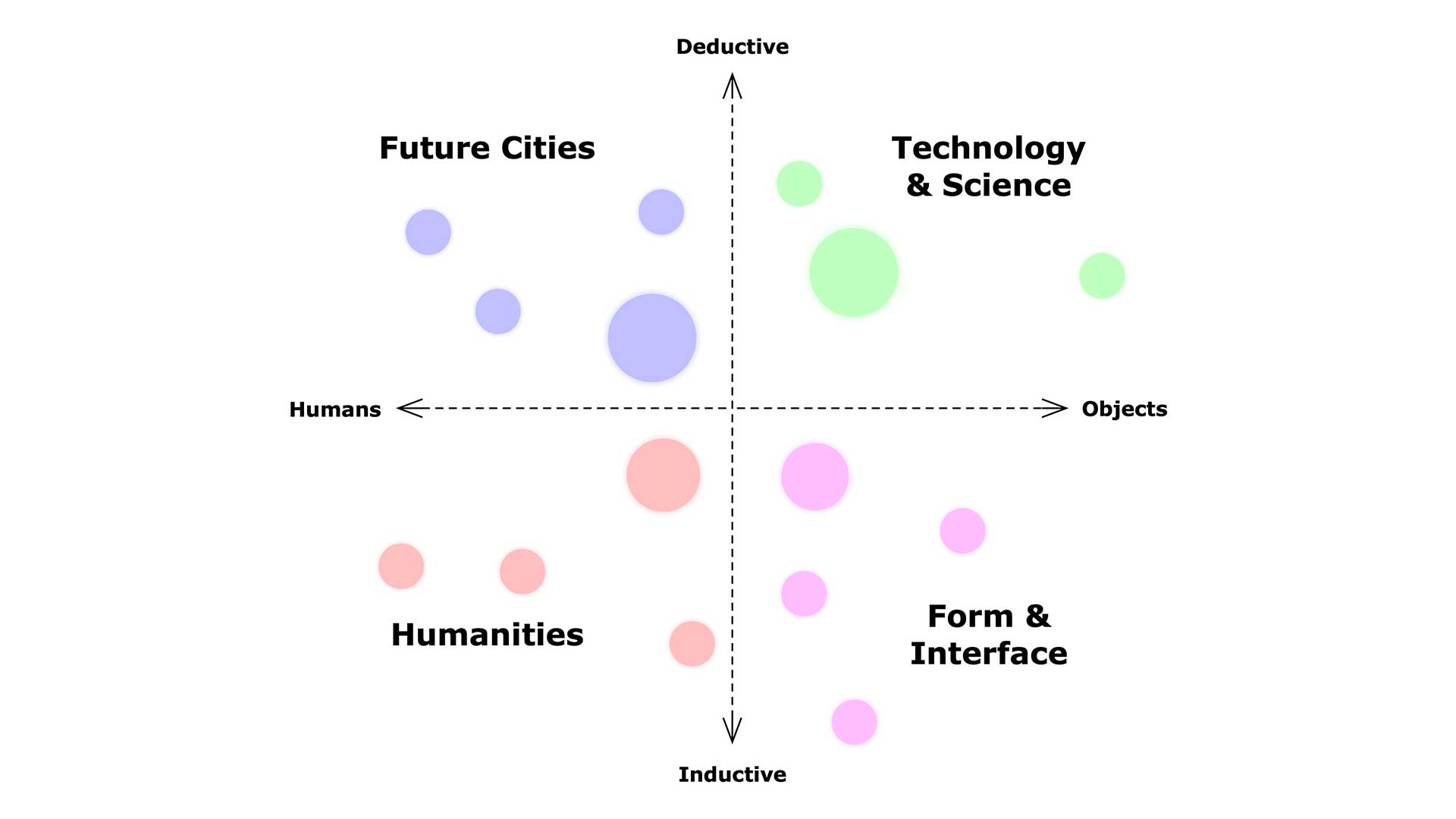 The design curricum paradigm at the Institute for Future Human Habitats, Tsinghua SIGS
The design curricum paradigm at the Institute for Future Human Habitats, Tsinghua SIGS
-
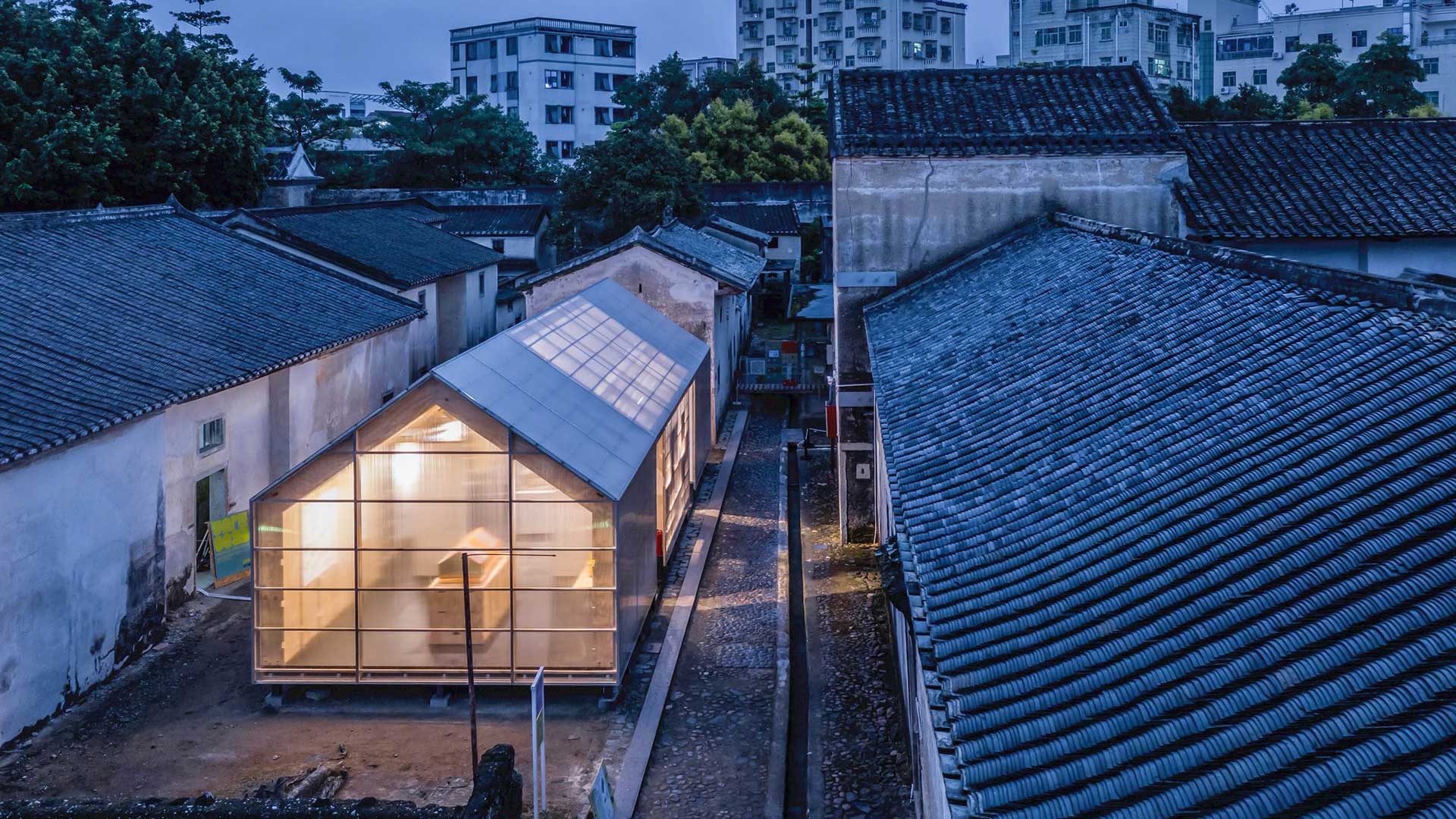 Learning by Building @ Tsinghua SIGS: The Zao House project
Learning by Building @ Tsinghua SIGS: The Zao House project
-
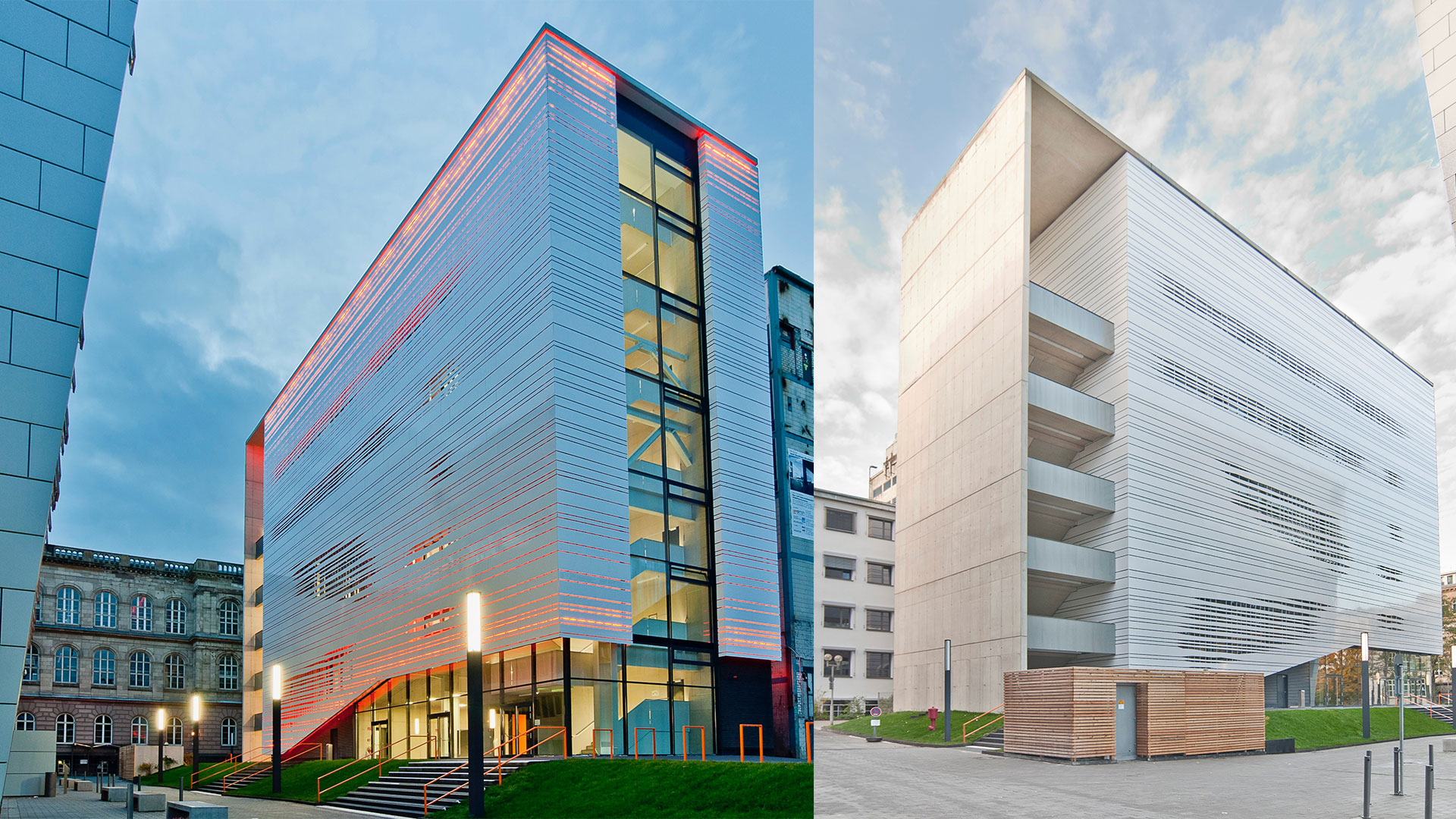 The former 'Heizkraftwerk" at the RWTH Aachen University
The former 'Heizkraftwerk" at the RWTH Aachen University
